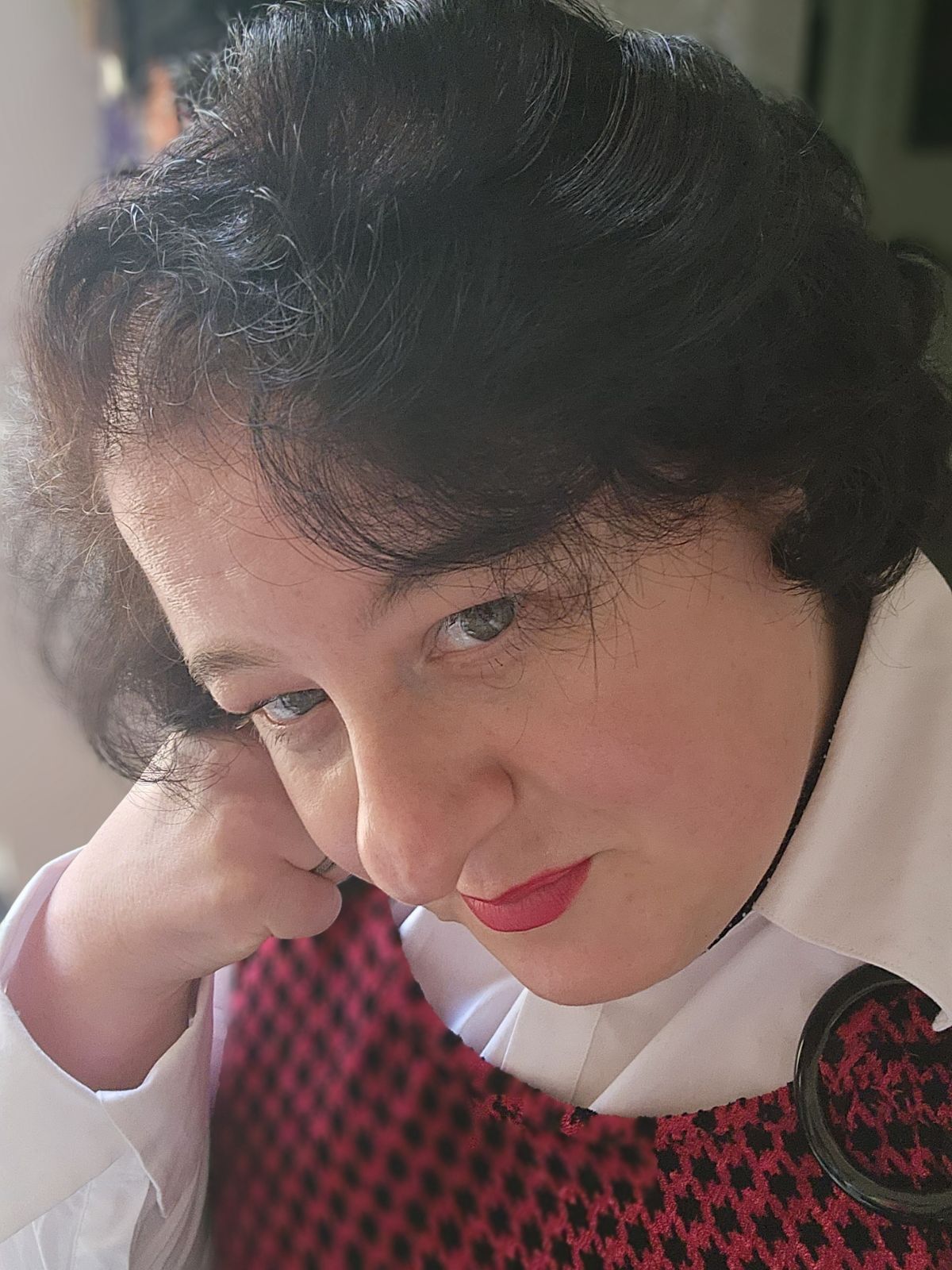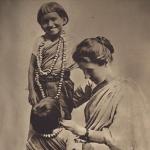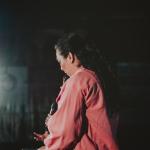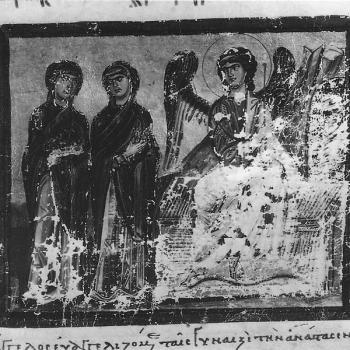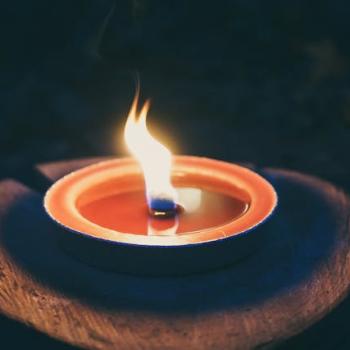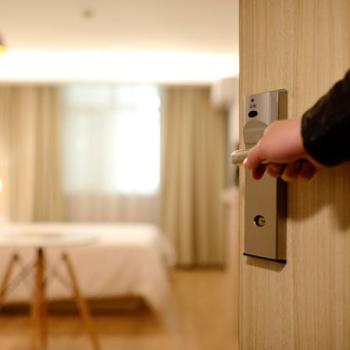March is Women’s History Month. This means school curriculum will attend to important women in history. Commonly studied women include Susan B. Anthony, Rosa Parks, Elizabeth Cady Stanton, Hillary Clinton, and others. These women made political and social strides, although few realize they also made spiritual ones, as well. Given most educational platforms don’t speak about church history, most kids – and church members alike – are unaware of the important advances women have made in Christian history. This includes the advances (and the history) of female ordination.
Even though the Bible supports the work of women in ministry, denominational support for female ministers remains controversial. It is all the more important we know about women’s history within church, so as to recognize women’s ordination isn’t a modern idea.
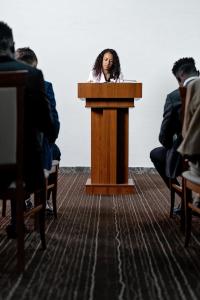
In honor of Women’s History Month, this is the first of a two-part series about female ordination. Specifically, we’re looking at ten different women who were the first ordained in their respective denominations. It’s impossible to post every woman here, but each of these women have a unique and special story to tell as they established their own seminaries and educational platforms to petition for the rite of female ordination.
Clarissa Danforth (Free Will Baptist, Ordained 1815)
Clarissa Danforth was born in Weathersfield, Vermont in 1792. She became a Christian in 1809 thanks to the ministry of John Colby. With a desire to preach, Clarissa received credentials in the Free Will Baptist tradition in 1815. Her itinerant ministry took her throughout New England (Rhode Island, Massachusetts, New Hampshire, and Vermont). When John Colby died in 1818, she became pastor of Chepachet Baptist Church in Chepachet, Rhode Island. She also helped with a revival out of the Greenville Baptist Church in Smithfield. In 1922, she married Danford Richmond and moved to New York, where she continued to preach on occasion. She died around 1855.
Antoinette Brown Blackwell (Congregationalist Church, Ordained 1855)
Antoinette Brown Blackwell holds status as the first female ordained to a mainline Protestant denomination in the United States. Born in Henrietta, New York in 1825, she was the youngest of seven children. Charles Finney’s preaching in the area drew the family to join their local Congregational Church. After interjecting a prayer during family devotions, Antoinette joined the church (on her own) at nine years old. After completing the requirements for education at sixteen, she became a teacher. Not wanting to teach throughout life, Antoinette enrolled in Oberlin College (with her family’s support) in 1846. Upon graduation, she petitioned to complete the school’s theological program. She was admitted on the condition she wouldn’t receive formal recognition on completion. She would continue to write and represent important viewpoints, many of which would now be classified as feminist theology.
Antoinette received a license to preach from the Congregationalist Church in 1851. In 1852, she was offered a ministerial position in South Butler, New York. Luther Lee, a controversial Methodist minister, performed her ordination ceremony. After a series of failures and internal conflicts within the Congregational Church, Antoinette left her pastorate – and South Butler – in 1854. She’d spend the next several years of her life as a speaker and women’s rights activist. After marriage, she cared for family and wrote scientific and philosophical papers.
In 1878, Antoinette joined the Unitarian Church and became a minister. In 1903, she helped establish the Unitarian Society of Elizabeth, New Jersey. She was the only surviving participant of the 1850 Women’s Rights Convention to see women receive the right to vote in 1920. She died in 1921.
Ann Allebach (Mennonite Church, 1911)
Ann Allebach was born in 1874 in Montgomery County, Pennsylvania. As a child, she founded a chapter of Young People’s Society of Christian Endeavor. Once older, Ann was an educator and school principal. She studied at Ursinus College and Union Theological Seminary. At home in Philadelphia, Ann requested female ordination from her local church, which obliged. She received her credentials in January 1911, then returned to Brooklyn, New York.
Ann would work in various ministerial capacities, including advocacy for female ordination and the right of women to vote. She preached at Marcy Avenue Baptist Church from 1913-1915, and also worked with the city’s disenfranchised. She also frequently preached in her home state of Pennsylvania. From 1916 until her death two years later, Ann led Sunnyside Reformed Church in Long Island City, New York.
Ann Allebach was the first woman ordained in the Mennonite Church. No other woman was ordained in her denomination until 1973.
Addie Elizabeth Davis (Southern Baptist Church, Ordained 1964)
A woman whose story still raises controversy, Addie Davis was born in Covington, Virginia in 1917. Her family was strong in their Baptist faith. She graduated from Meredith College in 1942, majoring in psychology. Interested in education, Addie worked as the education director of the First Baptist Church in Elkin, North Carolina. She also served as Dean of Women at Alderson-Broaddus College. After her father’s death, she returned to Covington to help with the family’s business. While there, she served as interim pastor for Lone Star Baptist Church.
In 1960, Addie began study at Southeastern Baptist Theological Seminary in Wake Forest, North Carolina. While studying, she wrote a paper on women’s ordination. She graduated, along with six other women, in 1963. Her pastor was Warren Carr of Watts Street Baptist Church, and he was known for progressive views. Upon graduation, he issued her a preacher’s license. A year later, Addie was ordained at Watts Street Baptist (after being rejected by several other churches). She was the first woman ordained as a Southern Baptist pastor.
Facing criticism and rejection by the Southern Baptist churches, Addie transferred to the American Baptist Church, where she led several churches. In 1972, she became pastor of Second Baptist Church in Providence, Rhode Island. She also led the East Providence Clergy Association. Addie died in 2005.
Mary Dill Matz (Moravian Church, Ordained 1975)
Mary Dill Matz was born in Haverstown, Pennsylvania in 1931. She was raised in the Lutheran church. After graduating from Grove City College in 1953, she moved to Athens, Ohio to serve as Director of Christian Education of the First Presbyterian Church. In 1955, she married William Matz, a Moravian pastor. Over a sixteen year period, the two led churches in Utica, New York, Cinnaminson, New Jersey, Tuscarawas, Ohio, Lititz, Pensylvania, and Bethlehem, Pennsylvania. When William became Vice President of Moravian College and Dean of Moravian Theological Seminary, Mary went to seminary. She was the first woman ordained in the Moravian Church in America in 1975.
Mary served as Assistant Pastor in the Central Moravian Church. From 1977 to 1995, Mary was Director of Educational Ministries for the Northern Province of the Moravian Church. That same year she received the John Hus Award for outstanding alumni for Moravian Theological Seminary.
Much of Mary’s ministry focused on connection between clergy and laity, in effort that the two might work more efficiently together. She also took interest in Bible study and choice development for the modern world. She died in 2013.
Next column
In my next column, I will feature five more women who were the “first” ordained in their denominations. While waiting, check out my book, Surrounded by so Great a Cloud of Witnesses: Women of Faith who Revolutionized History. In that book, I provide short biographies of over two hundred and fifty women who changed the world – moved by great faith and spiritual power.


